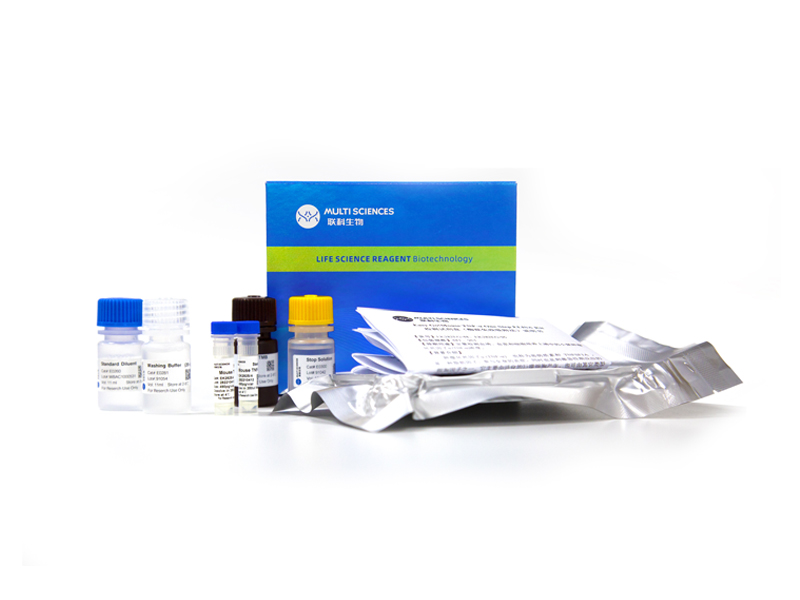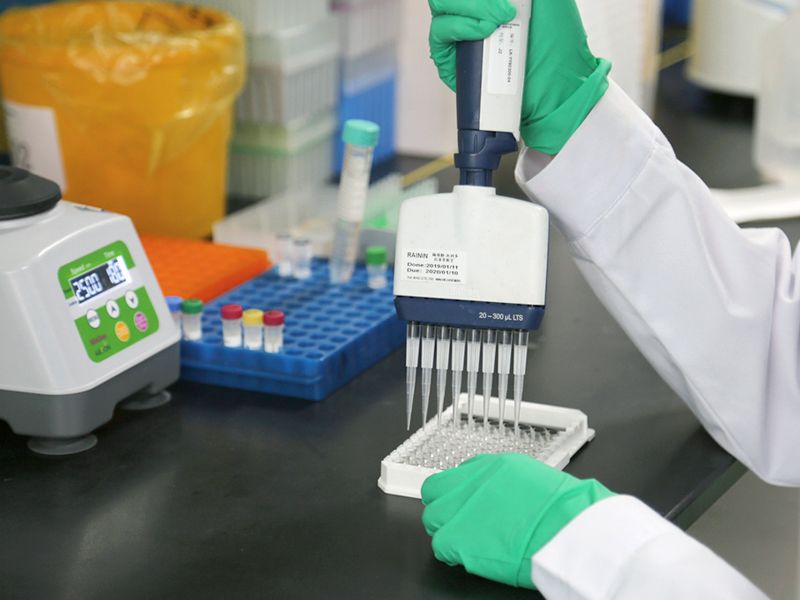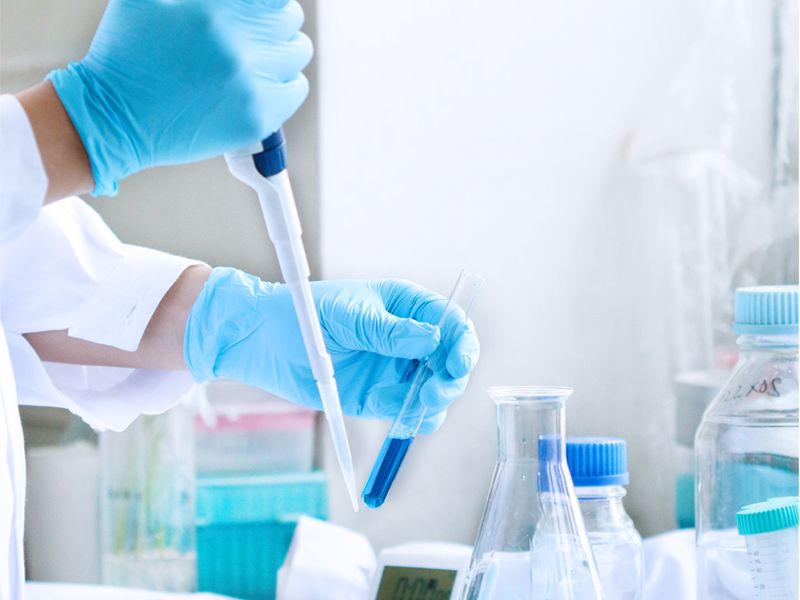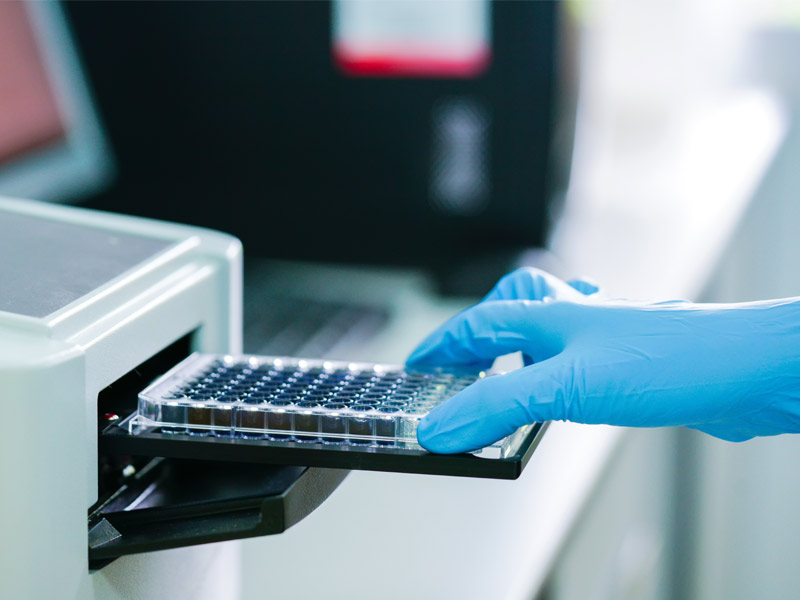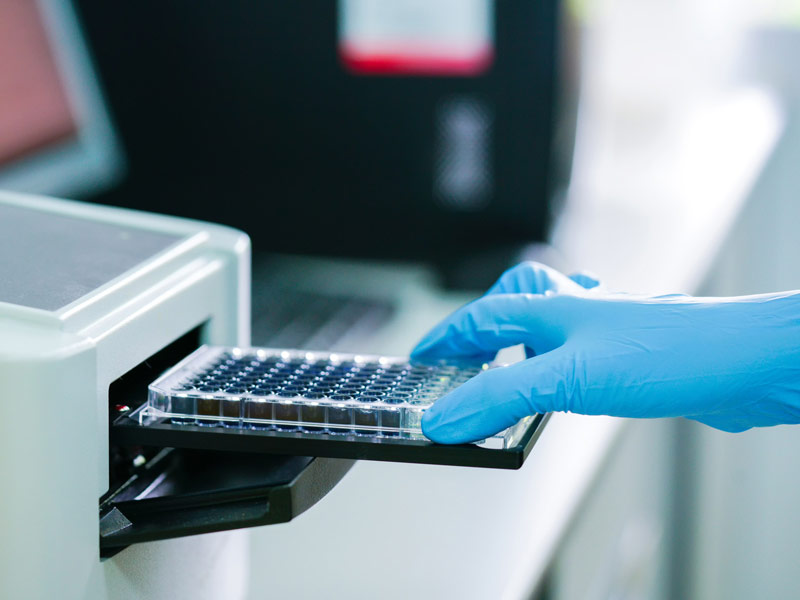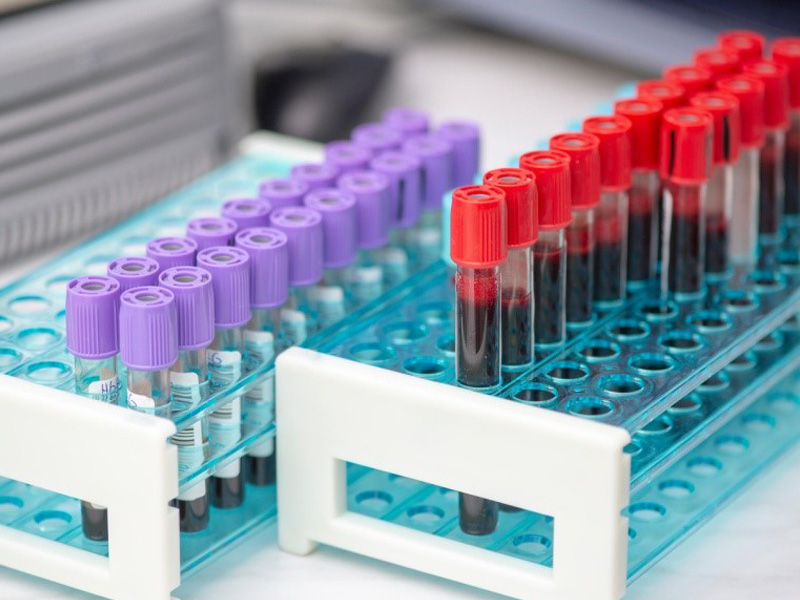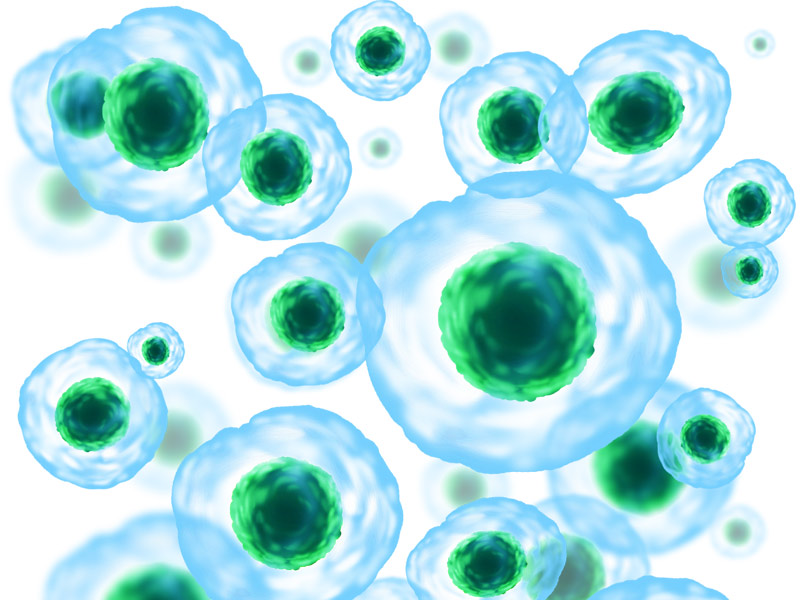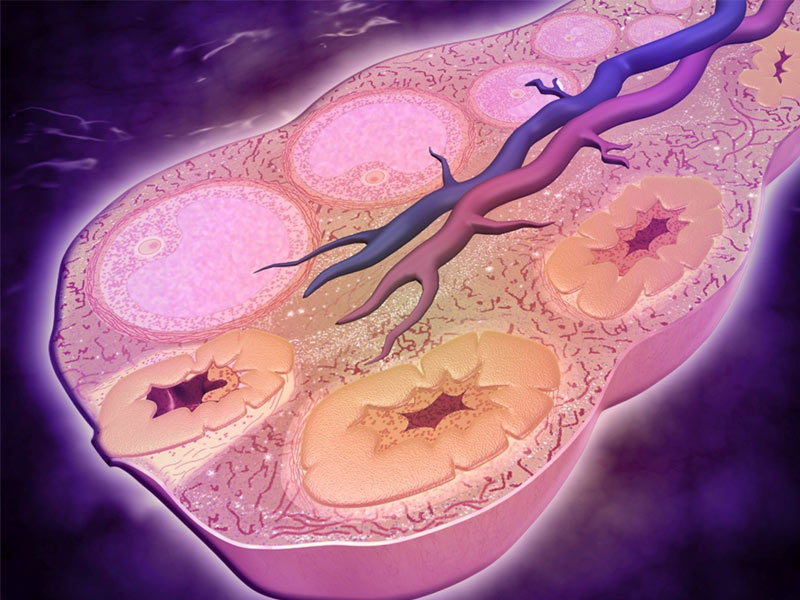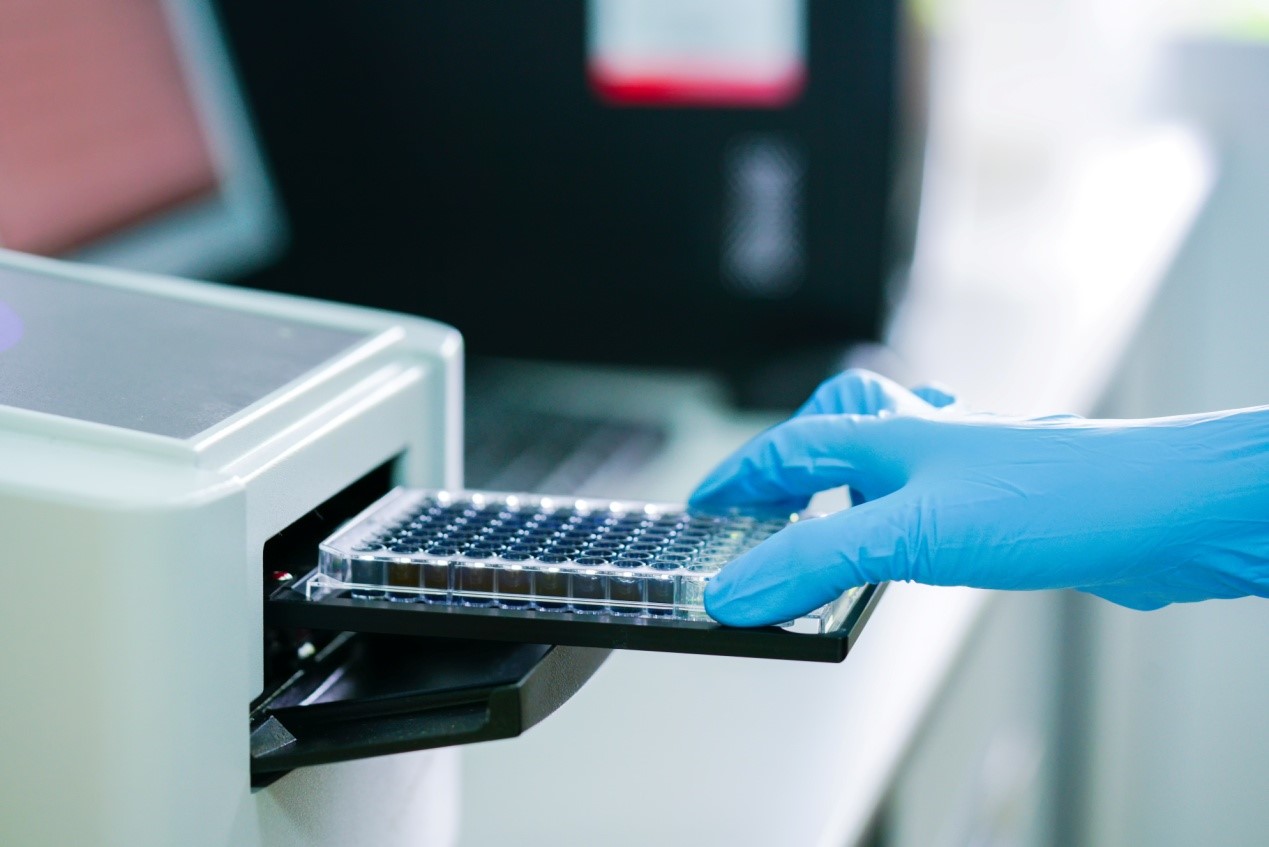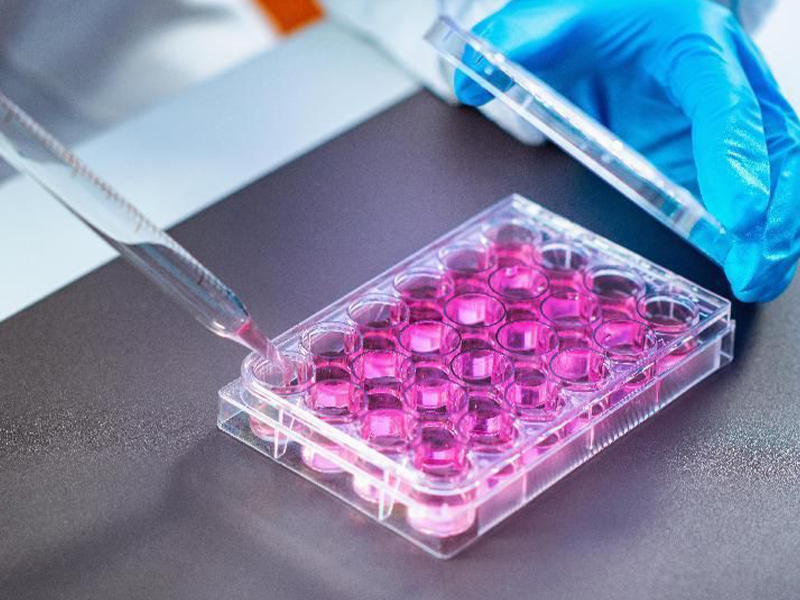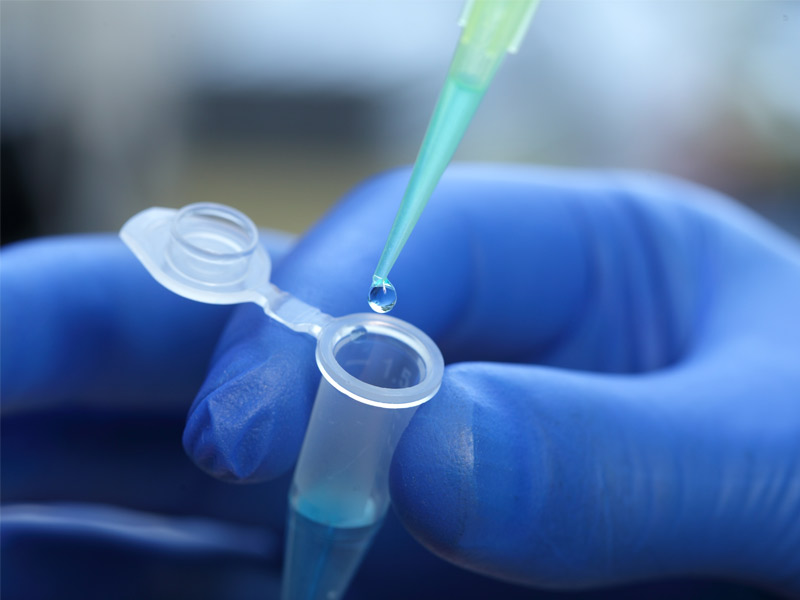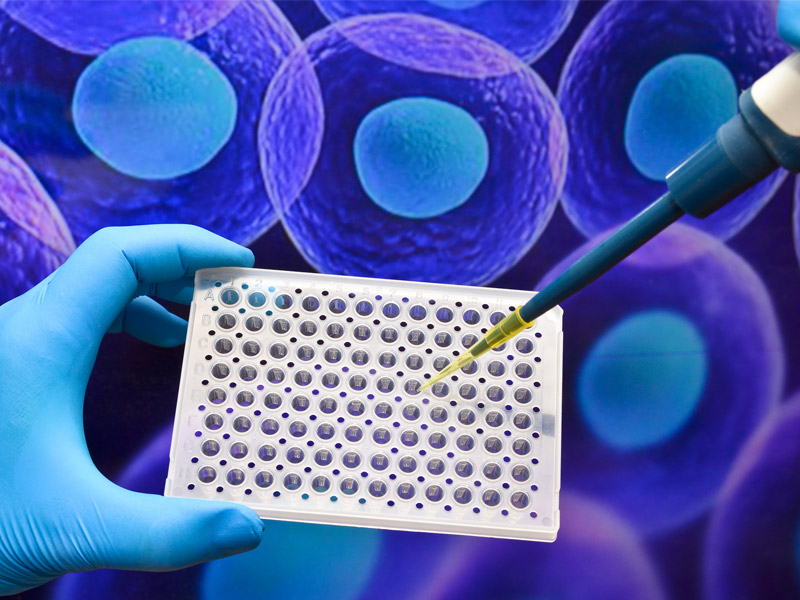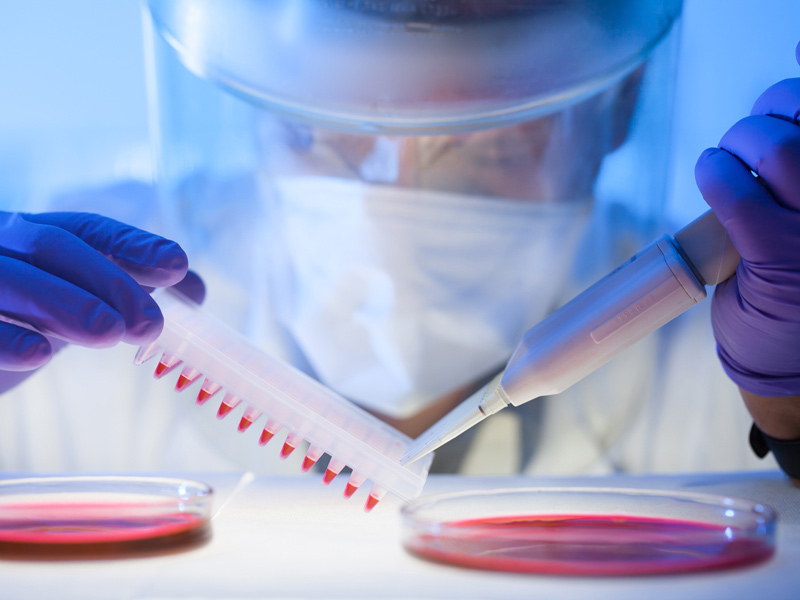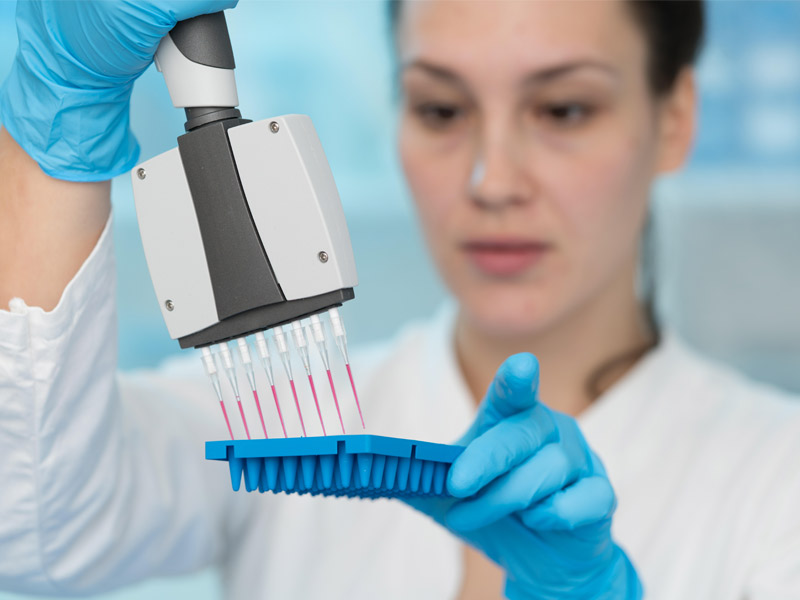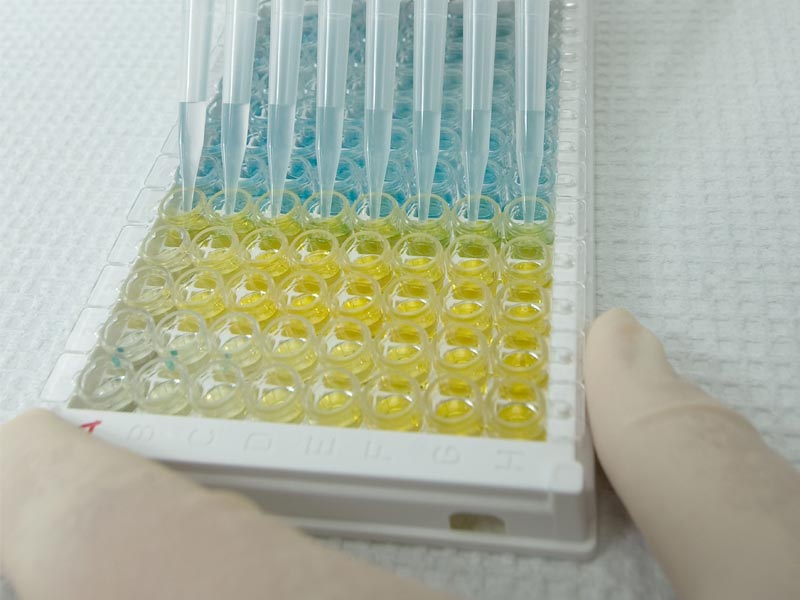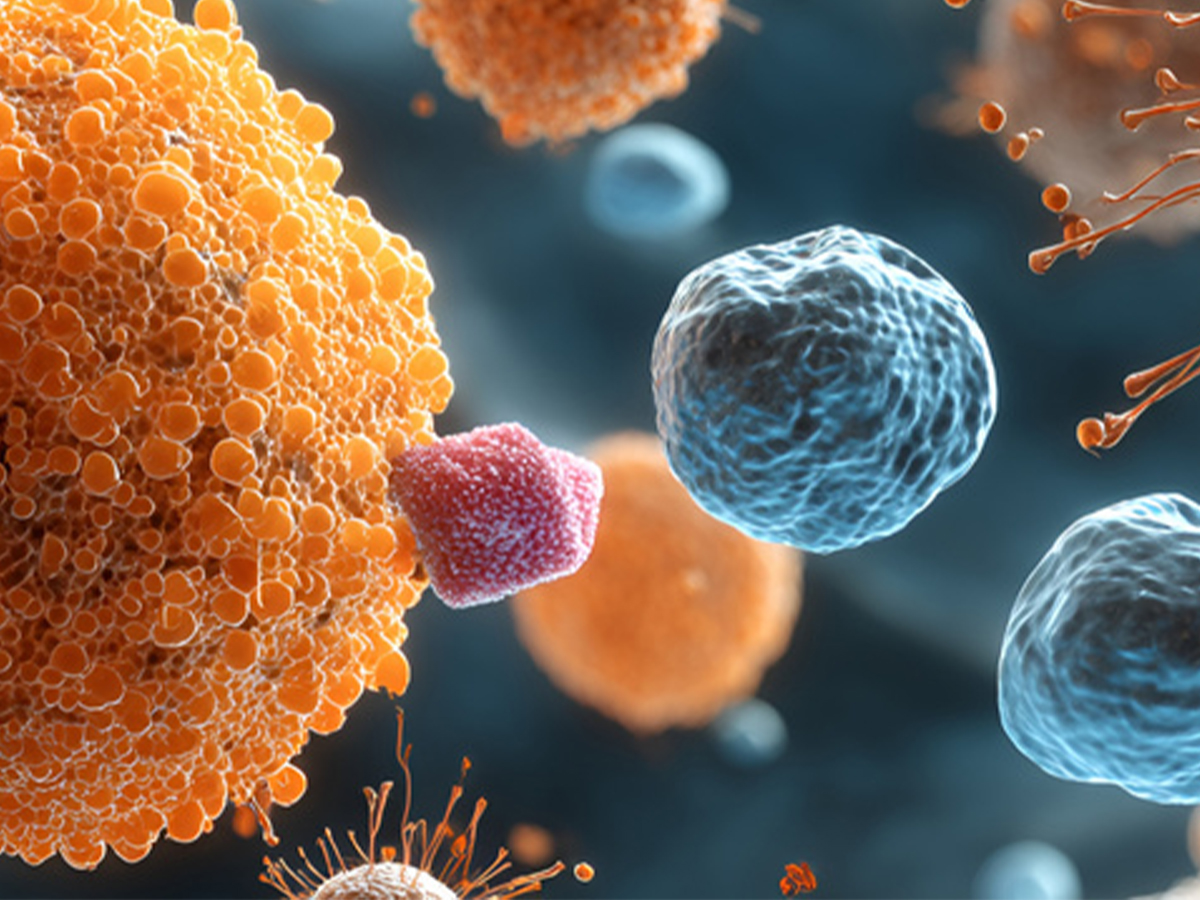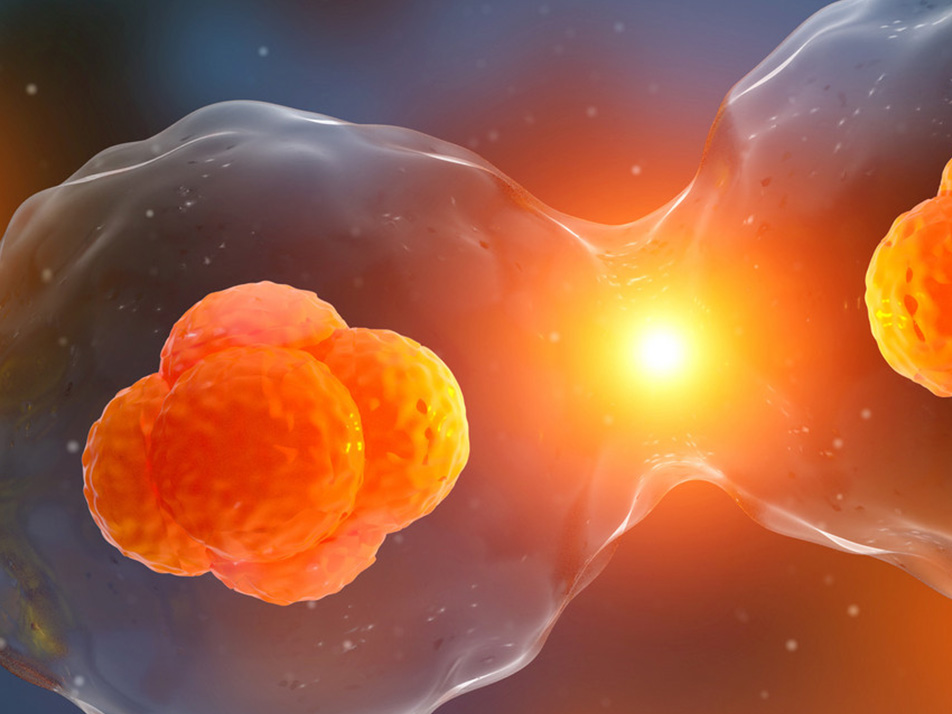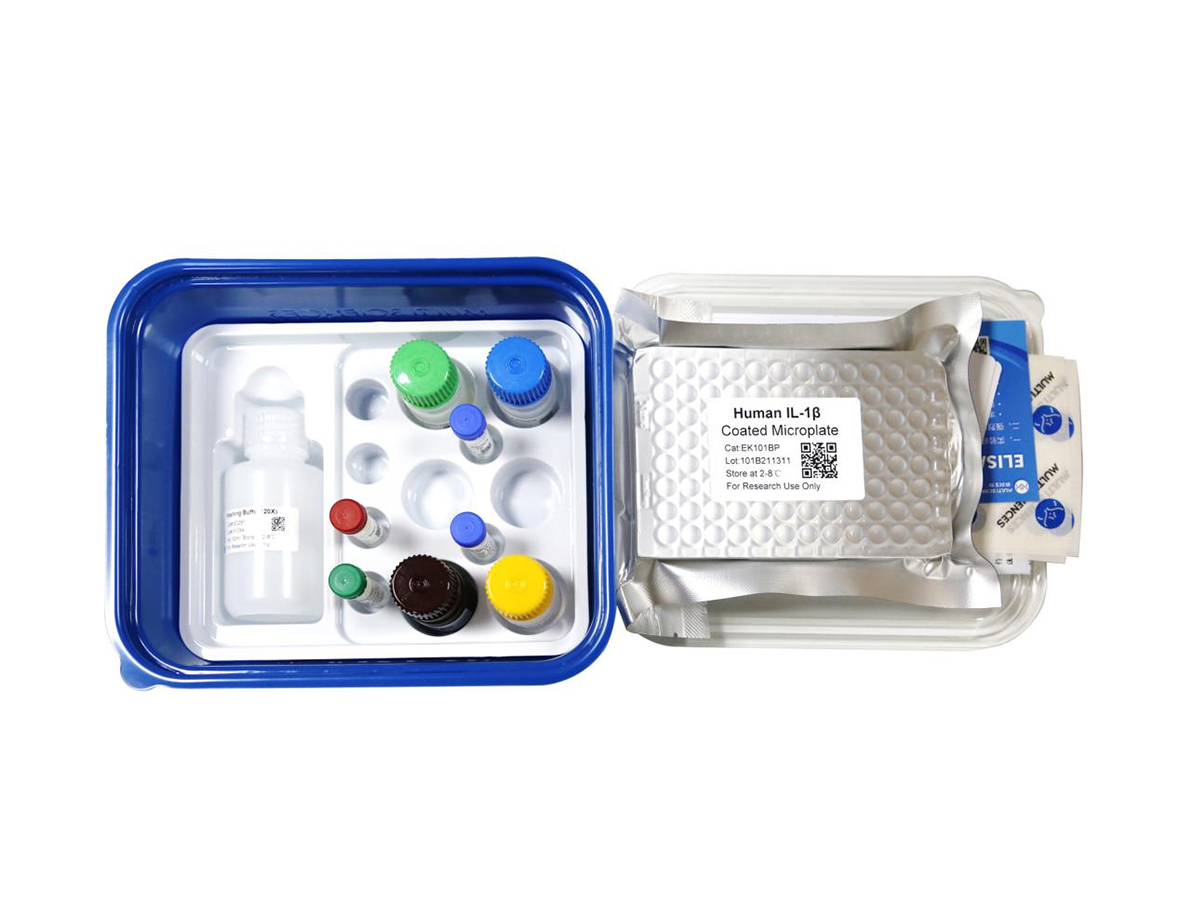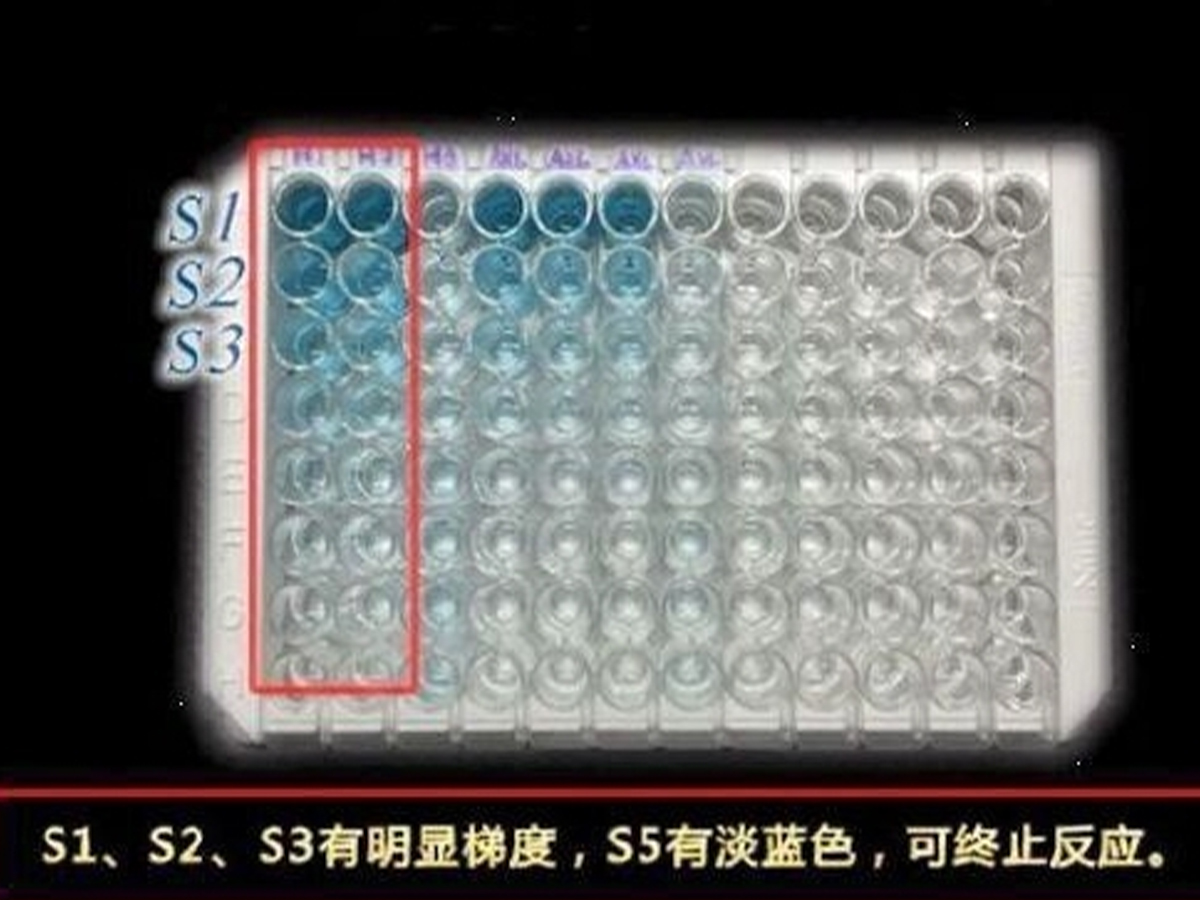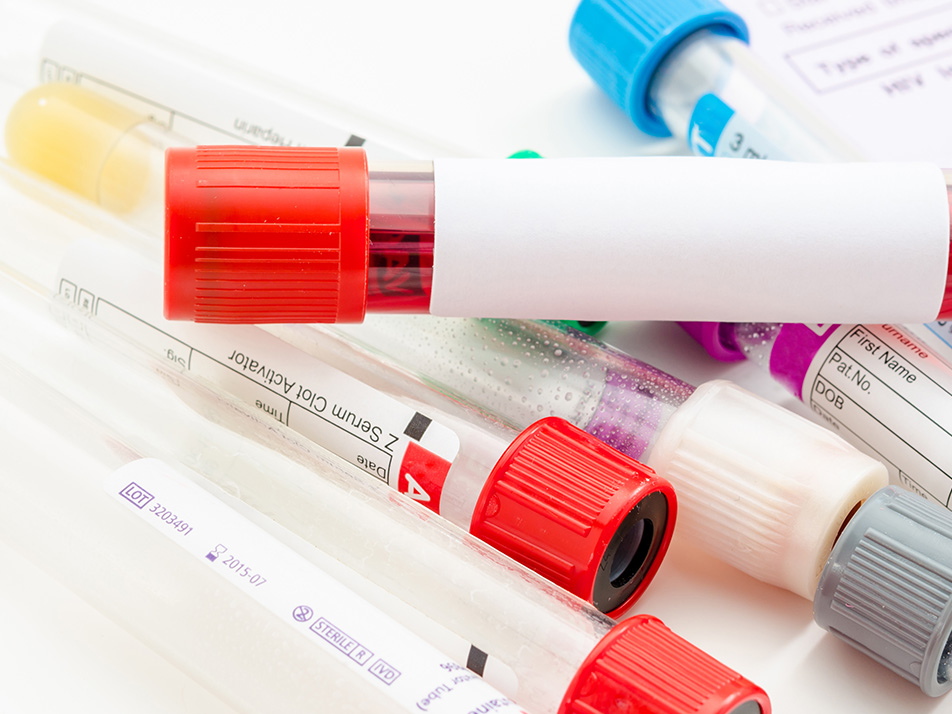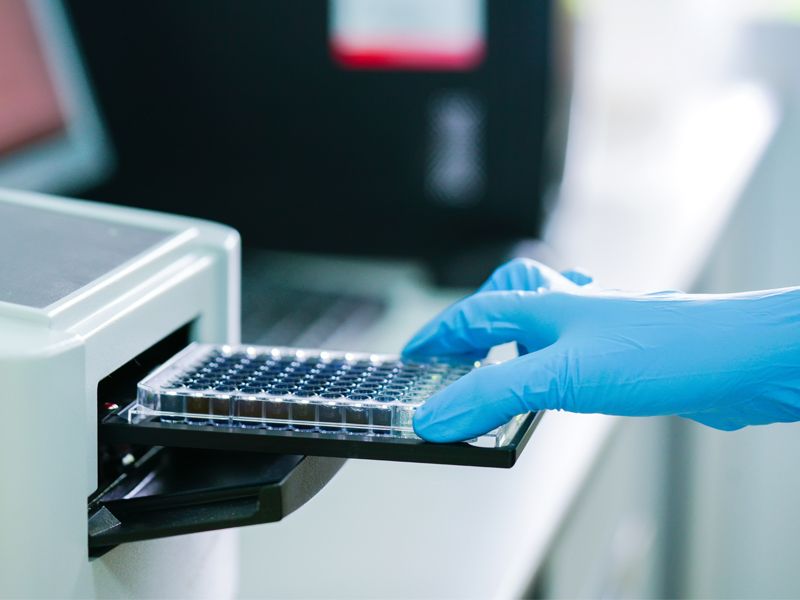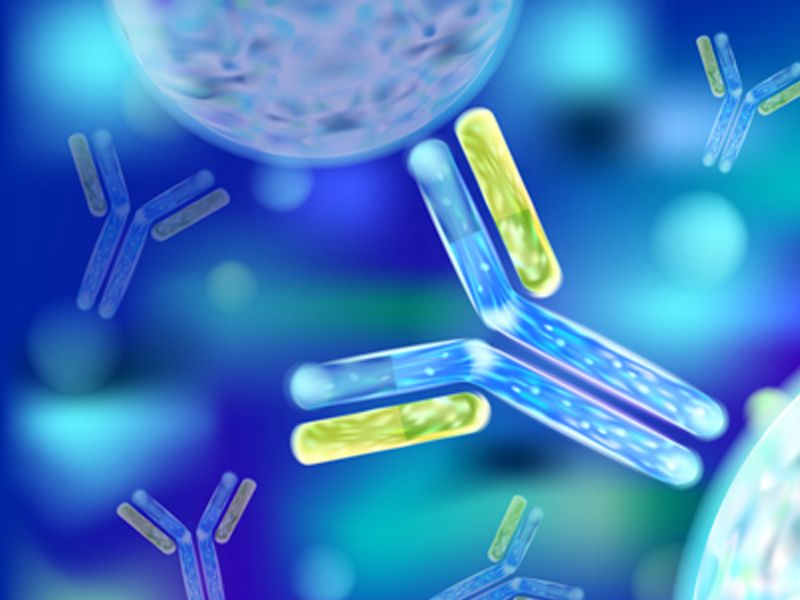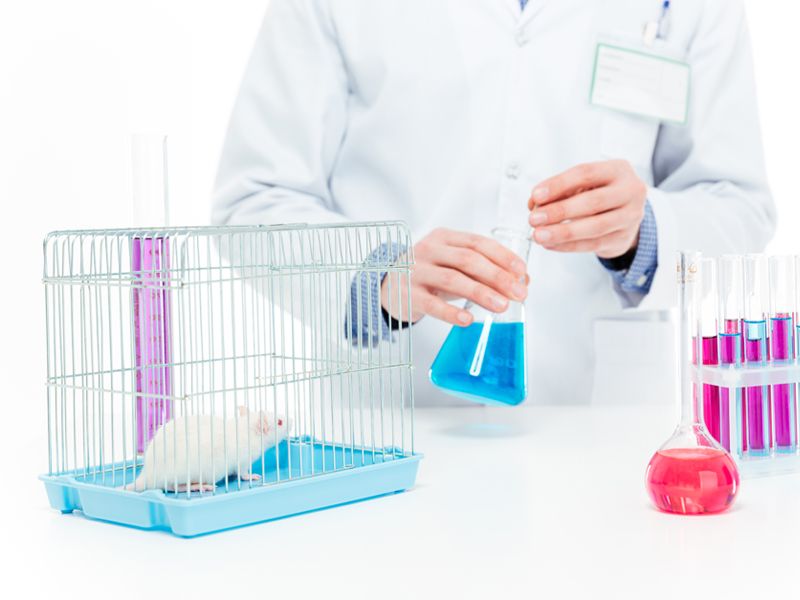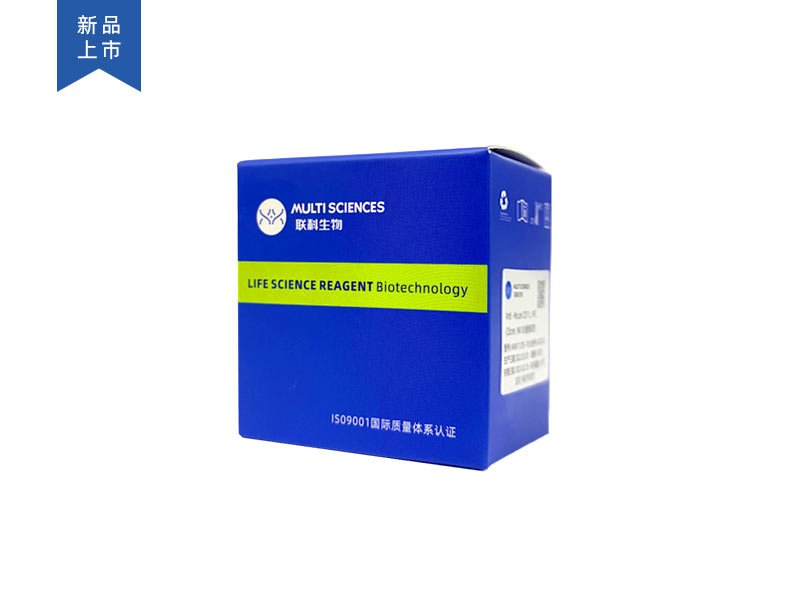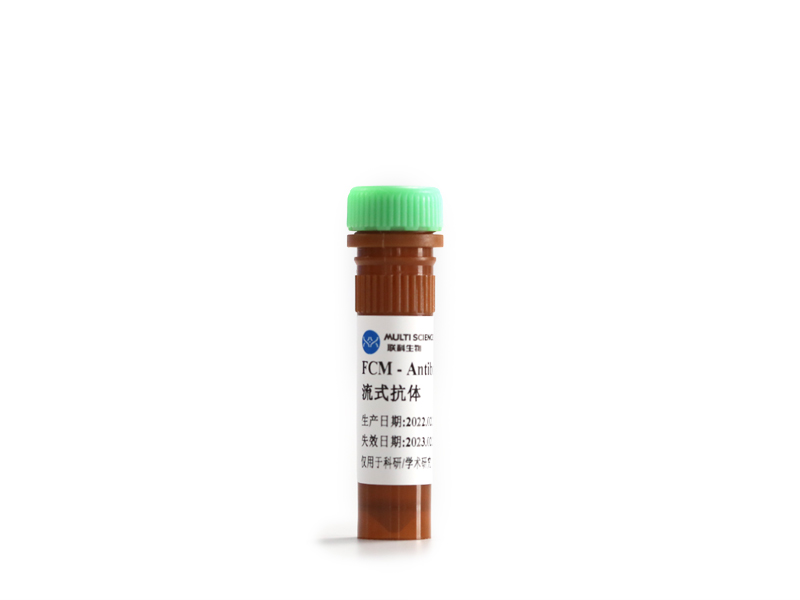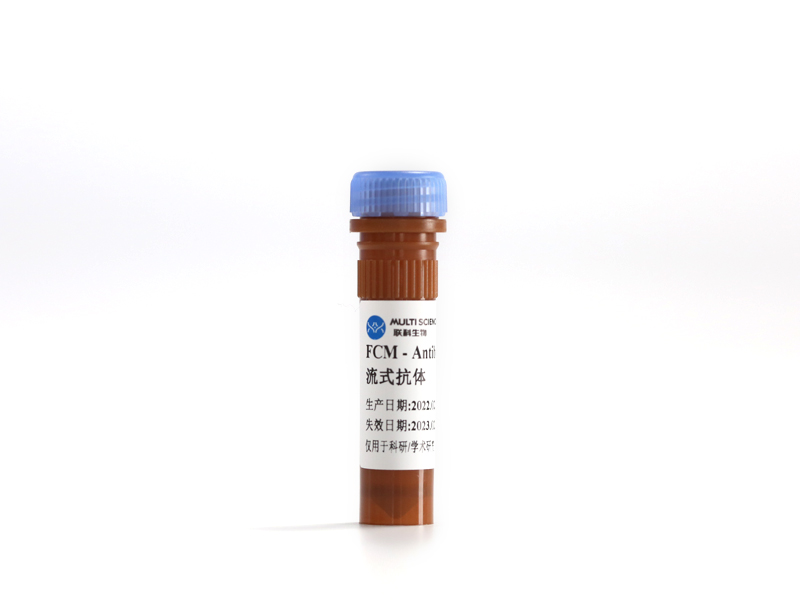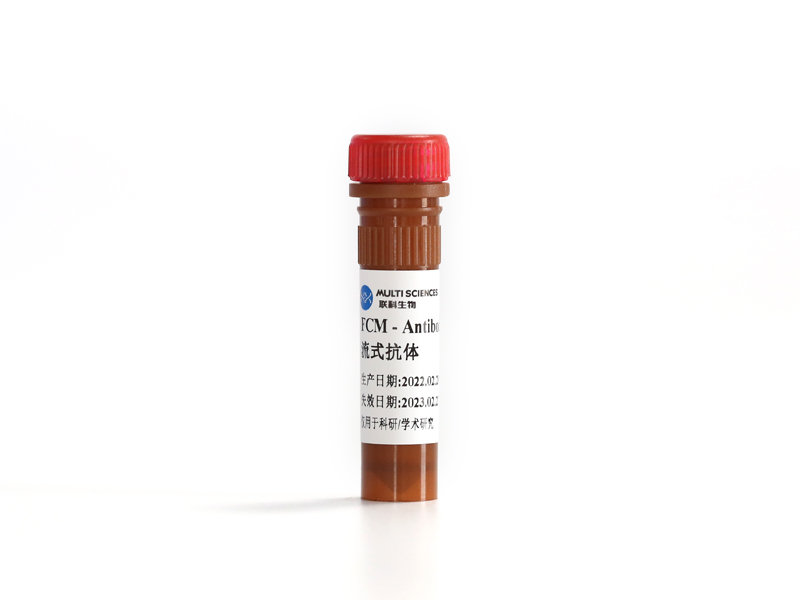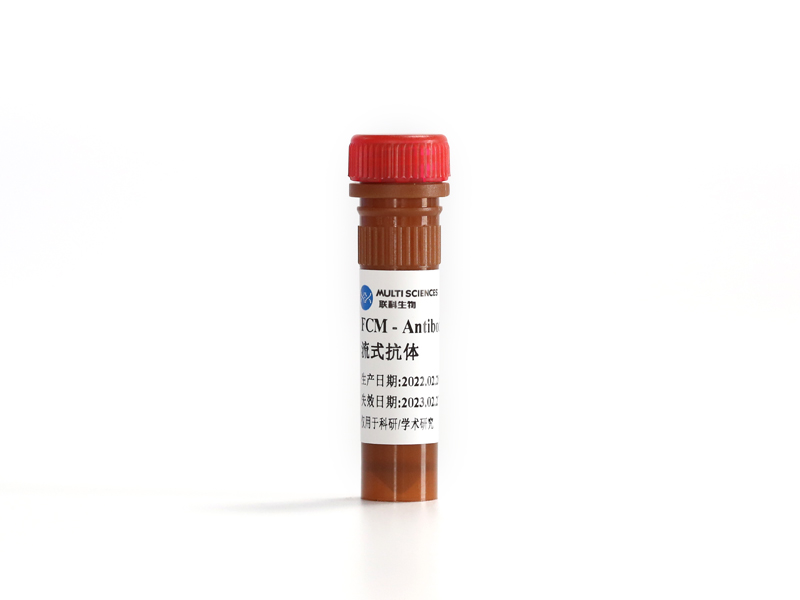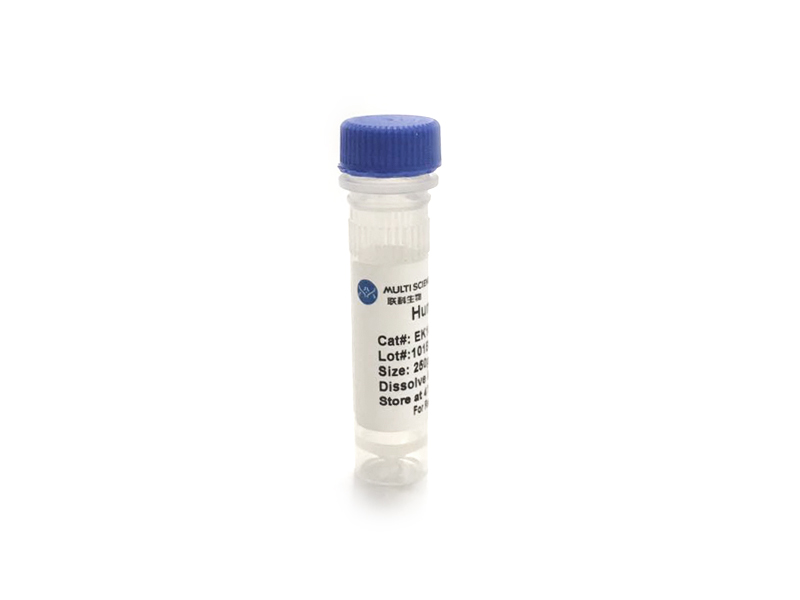EasyGo!™ Mouse TNF-α One-Step ELISA Kit EasyGo!™ 小鼠肿瘤坏死因子α (TNF-α) 一步法酶联免疫吸附测定试剂盒
¥2,190.00 – ¥3,650.00
在售SKU: 70-EK282EG-48, 70-EK282EG-96, EK282EG, 70-EK282EGA-48, 70-EK282EGA-96, EK282EGA, 一步法, 一步法ELISA, 一步法试剂盒, 一步法ELISA试剂盒
- 分子靶点:TNF
- 种属:
- 样本类型:小鼠血清
- 检测样本体积:20+80μL
- 灵敏度:1.66pg/mL
- 检测范围:10.94-700pg/mL
- 回收率:81%-112%
ELISA试剂盒详细信息
| 商品名 | EasyGo!™ Mouse TNF-α One-Step ELISA检测试剂盒 |
|---|---|
| 种属 | |
| 靶点 | TNF |
| 检测方法 | 双抗体夹心法 |
| 检测样本类型 | 小鼠血清 |
| 检测样本体积 | 20+80μL |
| 灵敏度 | 1.66pg/mL |
| 线性范围 | 10.94-700pg/mL |
| 精密度 | 板内变异系数:3.1%-3.7%;板间变异系数:2.3%-3.1% |
| 回收率 | 81%-112% |
| 板式 | |
| 保存条件 | 2-8℃ |
| 运输条件 | 2-8℃ |
| 检测原理 |
分子信息
TNF 分子靶点信息概述
- 分子名:TNF, tumor necrosis factor
- 基因家族:Tumor necrosis factor superfamily
- 别名:TNFSF2; DIF; TNF-alpha
- 曾用名:TNFA
- 全称:TNF superfamily, member 2; tumor necrosis factor (TNF superfamily, member 2)
TNF 分子靶点综述
肿瘤坏死因子α (TNF-α),也称为恶病质素和 TNFSF1A,是一种脂肪因子,参与全身的炎症,同时也是刺激急性期反应的细胞因子之一。它主要由活化的巨噬细胞产生,也可由其它类型的细胞分泌,如 CD4+淋巴细胞、NK 细胞、中性粒细胞、肥大细胞、嗜酸性粒细胞和神经元等。它在免疫应答中具有多种调节功能,还可作为潜在的热原。TNF-α对刺激物 (感染因子或组织受损) 产生应答后,在全身循环,激活中性粒细胞,改变血管内皮细胞的特性,调控其它组织的代谢活性,以及通过诱导局部凝血作用展现肿瘤杀伤活性。TNF-α在关节组织和其它组织发生炎症的发病机制具有重要作用。最近,越来越多的信息表明 TNF-α也参与了 AIDS 的发病机制。TNF-α 的测定对于移植研究也非常有用。
小鼠 Mouse Tnf 分子靶点信息
- 分子名:Tnf, tumor necrosis factor
- 别称:
- DIF
- TNF alpha
- TNF-alpha
- Tnfa
- TNFalpha
- Tnfsf1a
- tumor necrosis factor-alpha
- tumor necrosis factor, alpha
- 基因序列:NCBI_Gene: 21926
- 蛋白序列:
小鼠 Mouse Tnf 靶点分子功能(预测)
Enables cytokine activity; protease binding activity; and tumor necrosis factor receptor binding activity. Involved in several processes, including endothelial cell apoptotic process; positive regulation of cell communication; and positive regulation of macromolecule metabolic process. Acts upstream of or within several processes, including apoptotic signaling pathway; positive regulation of intracellular signal transduction; and regulation of gene expression. Located in several cellular components, including external side of plasma membrane; phagocytic cup; and recycling endosome. Is expressed in several structures, including alimentary system; brain; integumental system; lung; and reproductive system. Used to study several diseases, including autoimmune disease (multiple); congestive heart failure; heart valve disease (multiple); idiopathic pulmonary fibrosis; and spondyloarthropathy. Human ortholog(s) of this gene implicated in several diseases, including artery disease (multiple); autoimmune disease (multiple); eye disease (multiple); lung disease (multiple); and skin disease (multiple). Orthologous to human TNF (tumor necrosis factor).


